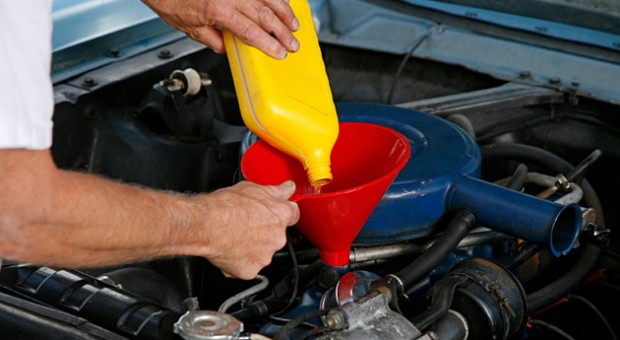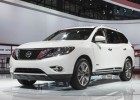
Seven misconceptions about fuel economy
Among the drivers there are some wrong opinions about how one can achieve a higher efficiency of fuel consumption. Here are some of them, and arguments that do not support these theories.
1. You have to drive a small car to get good fuel economy – advanced technologies related to diesel engines, direct injection fuel systems, transmission art, energy efficient tires, and aerodynamic design allow standard-sized cars to be very effective in terms of consumption, according to the website www.fueleconomy.gov.
2. The manual transmission saves always better than the automatic – Advances in automatic transmissions have improved their efficiency up there in a vehicle automatic version that often get the same or even better efficiency than the manual version.
3. Eat more than when you start the car let it run on empty – modern injection engines start very effective, especially when heated. Allowed to work in an empty car could use about a liter to about two liters per hour, depending on the size of your car##Q##s engine. Stop the engine when the car is stationary, except when waiting in traffic or in a column where you should start and stop it frequently. Rebooting the starter motor may wear out too often.
4. Vehicles must be heated before being led – modern cars can be driven to a few seconds after being switched on, although the engine would not be overloaded until it reaches normal operating temperature. In addition, the fastest way to drive the engine is warm.
5. As the car ages, with both its fuel consumption drops significantly – A properly maintained vehicle will retain its effectiveness for years. Tests have shown that the efficiency of a motor vehicle fuel consumption increases after the first years after his purchase. The cars are 10-15 years old low efficiency dropped if they are well groomed.
6. Replacement air filter will help your car go better – this is true for older cars that have engine carburetor, but modern engines have injected onboard computers that automatically adjusts the air-fuel ratio at the right level. Change the air filter will increase fuel savings, but could improve engine performance.
7. Using premium fuel consumption improves – If your car has not been specifically designed for premium fuel and regular fuel do not work optimally, you will not register any likely benefit from the use of more expensive fuel instead of regular one. Consult the vehicle manual to see if premium products are recommended and under what conditions. On the other hand, the use of gasoline with a blend of 10% ethanol can decrease fuel economy by about 3% because of lower energy density. In Europe, from January 1, required mix is 5% biofuel.




















